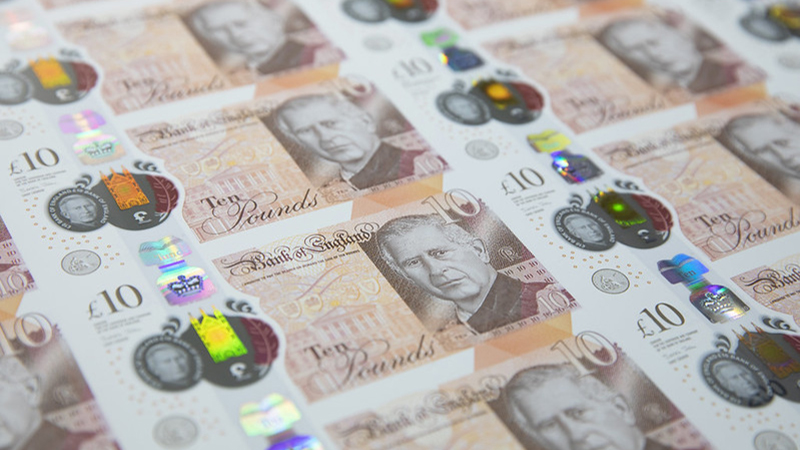Inflation in the UK has fallen to 8.7% in a welcome development that signals the Bank of England’s interest rate hiking cycle is beginning to have the desired effect.
While a significant drop from the previous month’s reading of 10.1% shows a clear easing of inflationary pressure, the figure was slightly above forecasts of 8.2%, and behind the headline number there are reasons for concern.
Core inflation, which strips out food and energy prices, actually rose to 6.8% from 6.2%. This measure is seen as more important by many experts as it is less volatile and more independent of global energy markets.
The fall to single digits will increase pressure on the Bank of England to stop raising rates as the economy slows, but as the level is still far above the 2% target it will be reluctant to do so at this stage.
Craig Veysey, portfolio manager at Man GLG, commented: “We expect the latest UK inflation data will make for a very frustrating read for policymakers this morning.
“While lower energy prices have pushed down yearly inflation to 8.7% from 10.1% previously, everything else about this report points to inflation not yet being under control in the UK.
“In particular, core CPI rose to 6.8% from 6.2% on a yearly basis, led by core goods and services inflation. With the risk of more persistent price pressure and then private sector pay demands increasing too, we’d expect more rate hikes from the Bank of England in the pipeline over the summer.
“History suggests that a recession, which would increase unemployment and suppress wage demands and inflation, is a course of action policymakers will be grappling with.”
Mark Preskett, senior portfolio manager, Morningstar Investment Management Europe, added: “Inflation in the UK has been stubbornly high but the CPI print today suggests the worst may be behind us.
“The energy price shock, labour shortages and food inflation have been important drivers of the domestic CPI prints and left our inflation rate higher than all other western European countries.
“While today’s announcement shows headline CPI is back into single digits, it is impossible to put a positive spin on the rise in core inflation back to 6.8% and 19.1% price increase in food and non-alcoholic beverages. These prints mean we will be seeing more interest rate rises this year by the Bank of England.
“Thinking longer term, our fear is the very real risk of stagflation in the UK in which we see persistently high inflation alongside weaker growth and higher unemployment.
“We are starting to see signs that the higher interest rate environment is impacting mortgage delinquencies and rent arrears.
“The Bank of England needs to tread carefully not to tip the UK economy into a deep and long-lasting recession in its efforts to control inflation.”











